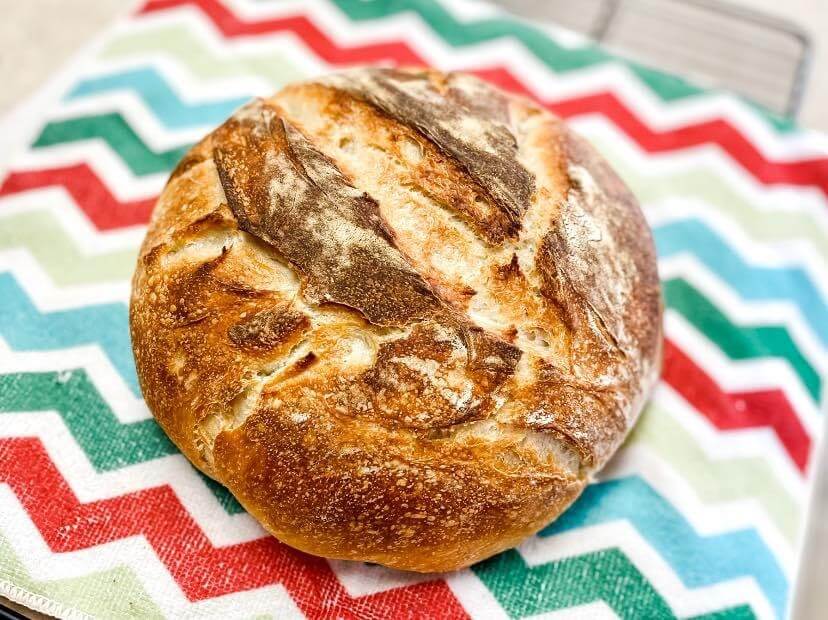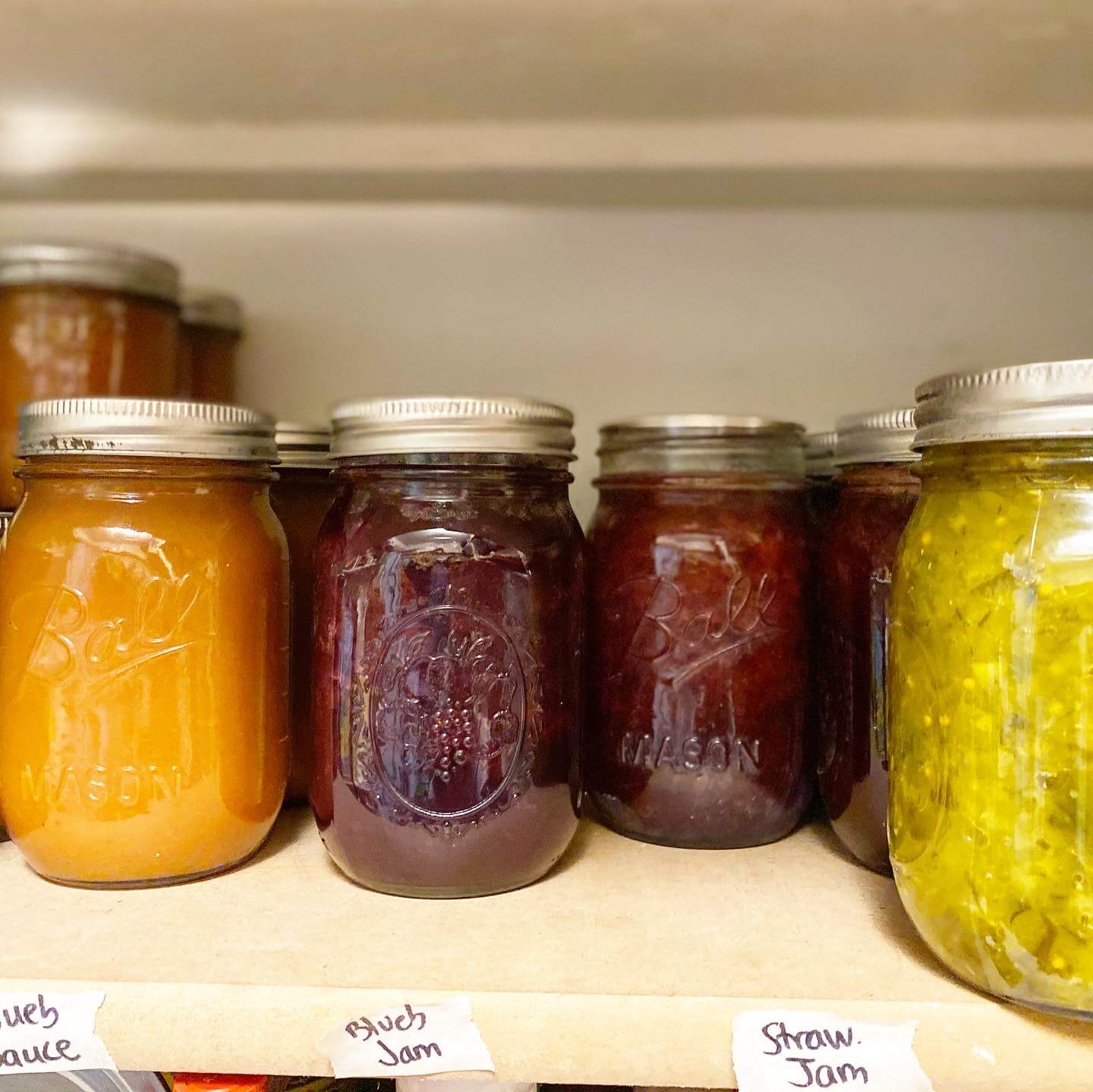By Jackie Greene
Summer savings are best spent on vacations and snow cones, not on your landscape. Yards and gardens can cost you if you’re not careful, but with a good plan in place, you can save a bundle right outside your front door. There are plenty of ways to make your landscape work for you. Here are some budget-friendly summer gardening tips for Lancaster.
Appropriate Plants & Grasses
Irrigating flower beds and lawns can eat up a chunk of your water bill during the dog days of summer. One of the keys to water conservation is choosing a grass type that’s suitable to the region. According to data from LawnStarter, the most popular in Lancaster are cool-season grasses such as tall fescue, fine fescue, and perennial ryegrass.
If you have flower beds, make sure the plants in them are native or adapted to the local climate. Otherwise, you’ll spend the dry summer months watering constantly. Increasing planting beds, borders, and pathways is another great way to reduce the amount of irrigation you need.
Plant a Summer Garden
Planting an edible garden is a money-saving slam-dunk. A garden gives kids something fun to do, provides produce for the family, and can give you a solid workout. Even if you don’t have a space to dig a full garden plot, you can easily incorporate fruits, herbs, and veggies into your landscaping beds. The key is finding areas that receive ample morning sun and direct sunlight throughout the day.
If you have the space to plant a garden plot, say in the backyard, then you can experiment with lots of different vegetables. Don’t have much space? Plant the more expensive fruits and veggies: berries, herbs, peppers, tomatoes, and anything else your family likes.
Some plants you’ll want to buy already started: berries, tomatoes, peppers, eggplant, and any herbs. Beans, cucumbers, lettuce, melons, peas, squash and root vegetables are best grown from seed. If you store your seeds in a cool, dry place in a sealed container you can usually use them for two to four years. If you have a compost pile, any potatoes you toss out will usually grow themselves!
Water Smart
Make sure your irrigation system for turf is in good working order so that you don’t waste any water on broken sprinkler heads or lines. Test to see that you’re watering at the right intervals and for the right amount of time. The best time to water is early in the morning so you don’t lose water to evaporation. As far as flower beds and the garden? Drip irrigation is the way to go. Just like the lawn, gardens enjoy deep, infrequent waterings that encourage root growth and overall plant health. Frequent, shallow waterings just waste water.
No matter how you choose to make your garden pay off this summer, it will be a pleasure. Any time spent outside when the sun is shining is well spent. And the food you grow yourself is always going to taste better than anything you’ll find on a shelf.
Jackie Greene is a blogger, gardener and nutrition enthusiast. She enjoys creating organic meals for family and friends using the fresh ingredients she produces from her backyard homestead.








